In the 18 years that Cidra Sebastien spent at Harlem’s Brotherhood/ Sister Sol, she raised children, encouraged their hopes and dreams, then sent them off to college with the kind of goals and aspirations they found hard to imagine from the constraints of their sometimes-limiting New York bubble.
As a college intern, turned program coordinator, turned Associate Executive Director of an organization lauded by educational leaders and social justice champions like Harry Belafonte as a model for student development and achievement, she stood as a gate agent, helping young people’s possibilities take flight.
The morning of our chat, just weeks before officially signing off from the not-for-profit she started working at during her days as a Hampton University student, Sebastien is running a few minutes late. The unexpected snow shower put a small blip in her lengthy commute from Brooklyn to Harlem. But she arrives, positive vibes in tow, ready to pour her heart into what will likely be among the last media interviews she will have as leadership at “Bro/Sis.”
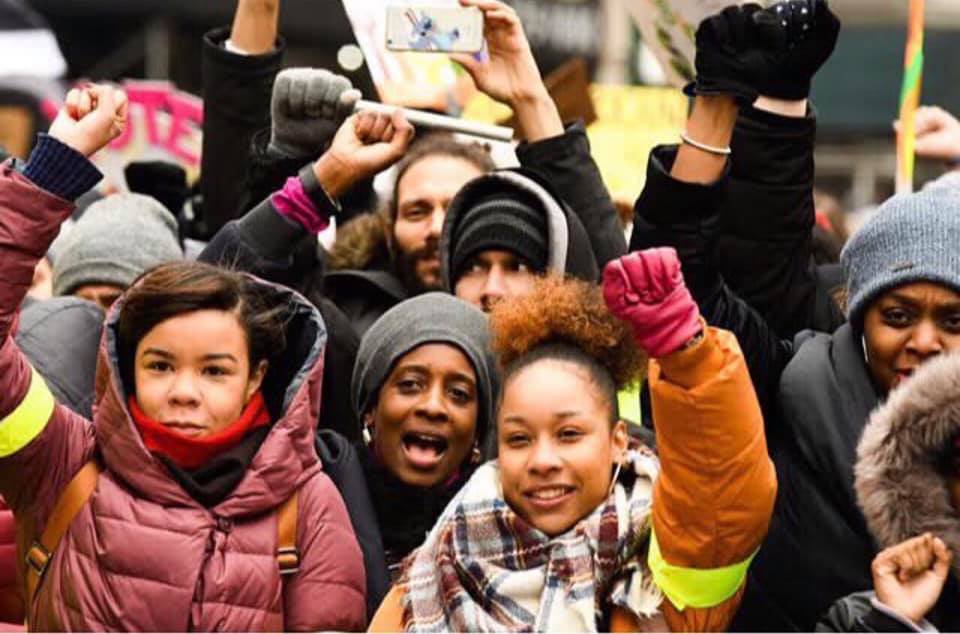
For Sebastien, the building at 140 Hamilton Place, which stands unassumingly between 143rd and 144th in Harlem’s Hamilton Heights neighborhood, is more than just an edifice where student’s futures are molded. It’s a place where students find their voice so that they can not only change their lives, but also what’s going on within their families, their schools and their communities.
“I think that is unique,” the long-time youth advocate insists. “Some youth organizations or programs that service young people are thinking about serving young people for this one particular goal. And, for us, we have a range of different goals, that all connect to them developing as adults who are able to positively contribute to their community, who develop a lens for and around social change and social justice. And we’re pursuing this kind of life long journey of learning and growing.”
Since its establishment in 1995, Bro/Sis, which was founded by childhood friends Jason Warwin and Khary Lazarre-White on the campus of Brown University, has had a mission to create a supportive community for young people. They wanted to give them permission to see beyond their debilitating circumstances, and envision existing in a world that is far greater than the one they currently know. Today, for 350 students ages 8-22 in West Harlem, 700 more who interact with the program throughout the boroughs of New York, and the countless others who have come through the program over the last 25 years, that mission has been actualized, in large part with Sebastien’s help.
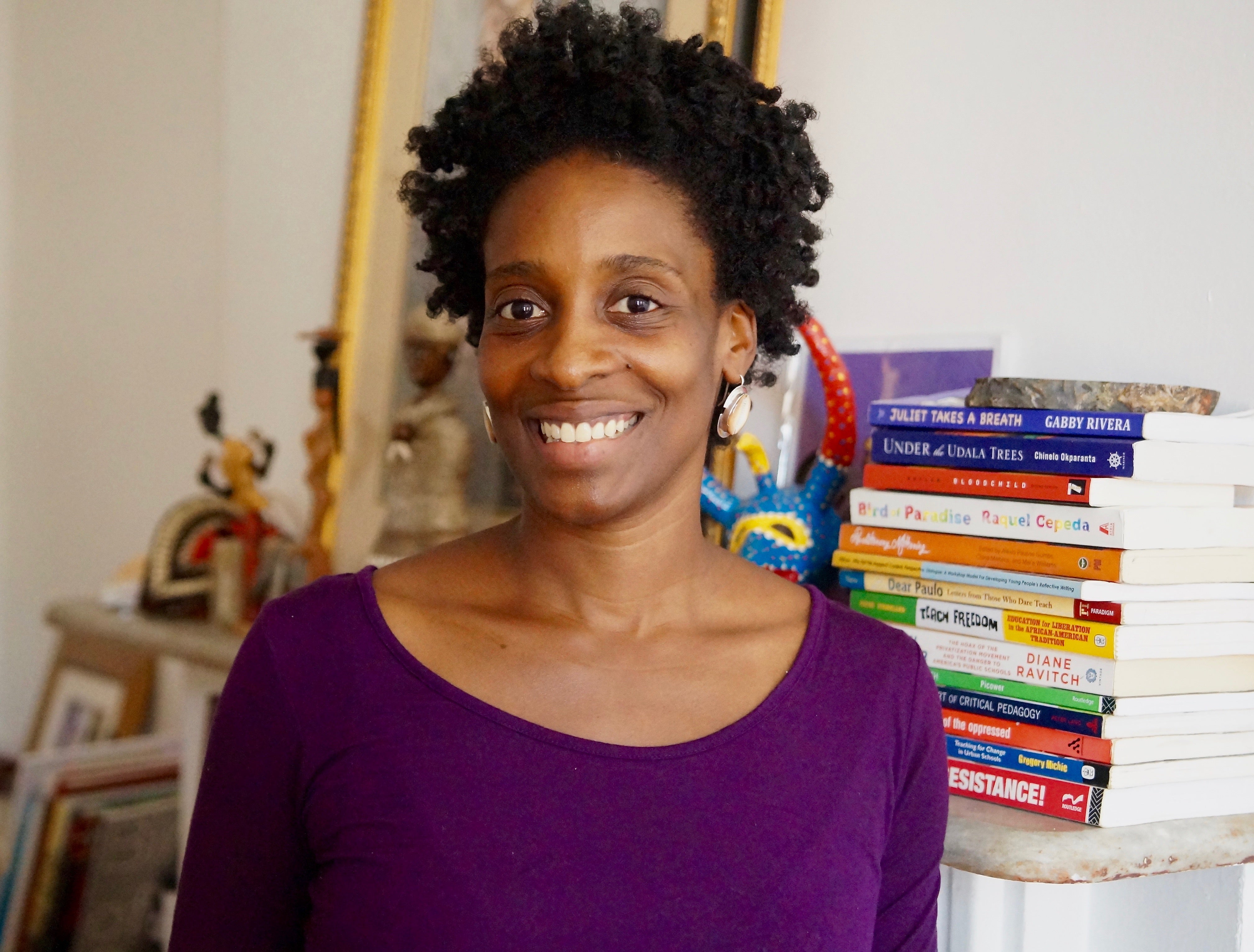
Attending an HBCU for her undergrad education was an opportunity for the Brooklyn-bred activist to see a world outside of the county of Kings. It was a place where students had parents with careers as NBA coaches, attorneys, doctors, and judges—where Black America extended far beyond her Bushwick block and doors were open to people who had the audacity to walk through them. In her nearly two-decade period at the program, Sebastien’s work revolved around giving that same realization to her students.
“I was really doing significant work that was important for me,” Sebastien tells ESSENCE of her early work with the program. “And so from then, I knew that I would keep being involved in some way. I didn’t think it would be 20 years later that I would [still] be involved. But it’s been this 20-year journey, which has been really amazing and beautiful in lots of different ways.”
When you work in a place for so long, there are so many things that you know about it, and sometimes it doesn’t hit you until now.
– Cidra Sebastien
That journey has taken Sebastien to speaking engagements, rallies, and graduations all throughout the five boroughs. And along with Bro/Sis students, to Ghana, South Africa, Spain, Morocco, Egypt, Brazil, Mexico, Dominican Republic, Puerto Rico, Haiti, and Cuba for a study abroad program involving a four-week in-country stay for students, many of whom received their first passport stamps through their participation in the program. Six months leading up to the trip the young people focus their learning on the history of the place they intend to visit, and while there, connect with their peers, journaling daily about their experience.
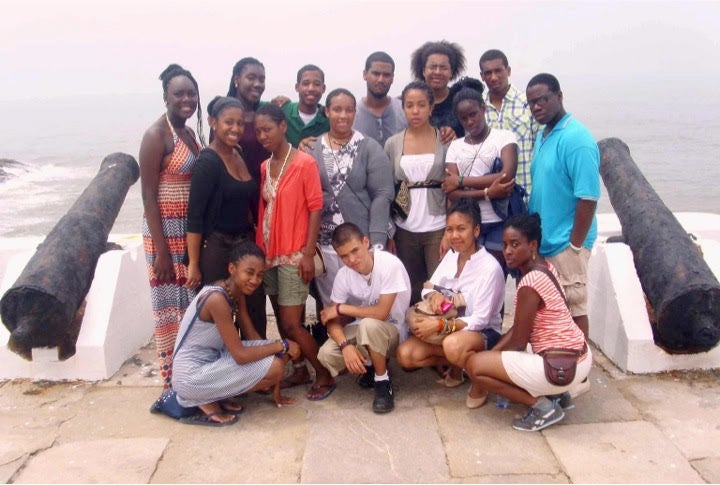
The Summer Leadership Program is just one component of the Bro/Sis curriculum. The other pillars include college prep, an afterschool program, and the foundation of the organization, The Brotherhood/Sister Sol’s Rites of Passage (ROP) Program. The goal of the latter is to empower youth through weekly discussions that focus on history and culture while also providing a safe space where students can talk about social and political issues and challenges of young adulthood, while being offered guidance from mentors and peers.
Sebastien says that the opportunity to be in community with the youth is what kept her motivated on the work. “I think this space, where I get most energized, is when I get to be with young people. And not necessarily teaching them, but being in a space with them, where we are in exchange, is really meaningful to me.”
For the last few years she’s had to play the role of advisor, mentor, human shield, and comforter, blocking news headlines about DACA and deportation while providing a listening ear to the mainly Black and Latinx children whose nerves have been rattled since the inauguration of Donald J. Trump. “I feel there’s something every week, because there is something every week. And it impacts, I think, different populations of folks differently. But speaking specifically to our young people who are first-gen or second-generation immigrants, there’s a lot of — it’s a combination of anger, sadness, confusion.”
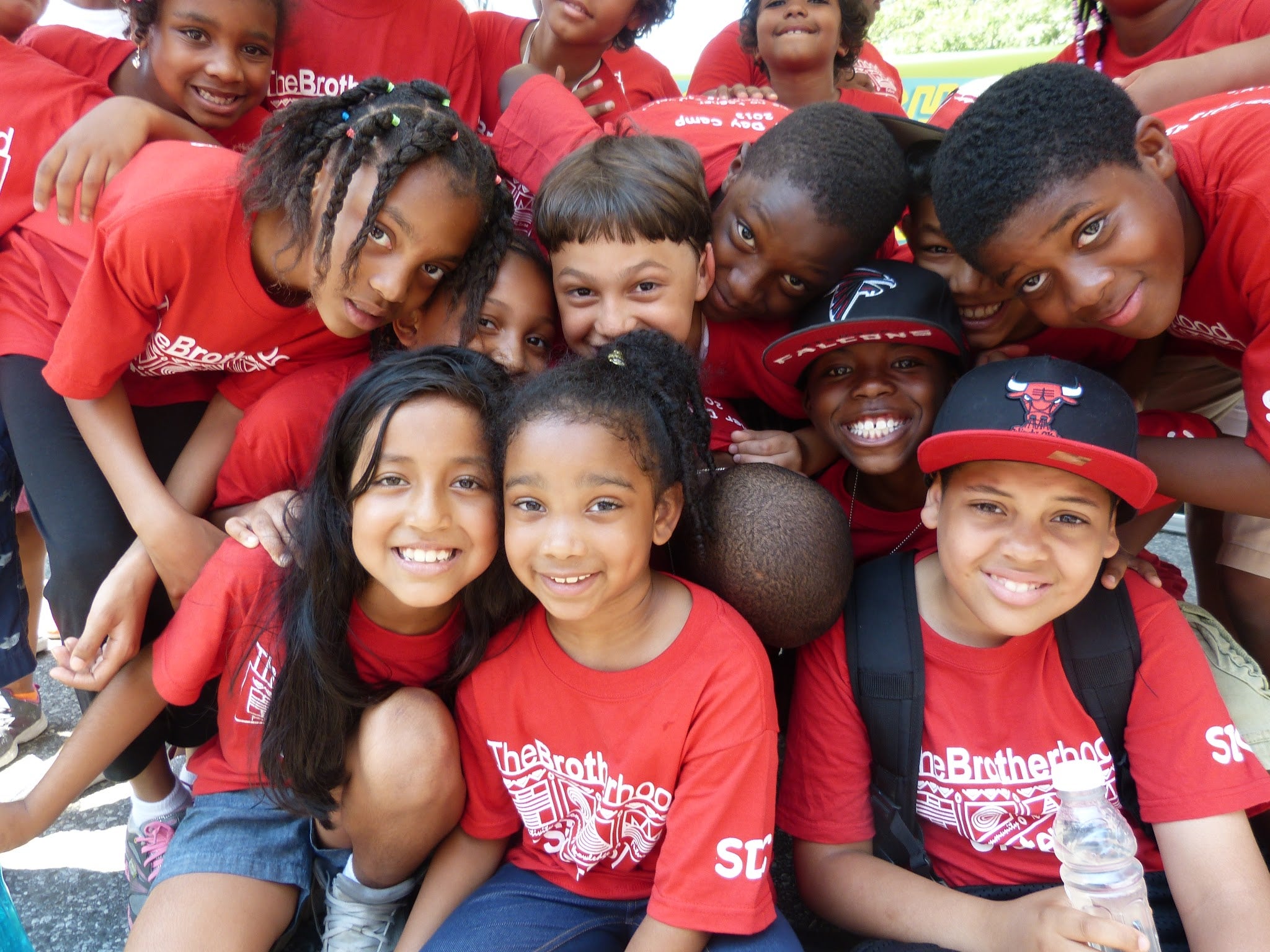
Sebastien knows that in a few short weeks, silencing the fears won’t be her responsibility anymore. She’s spent her entire adult life pouring into the youth, but as we speak, she’s aware that the next chapter is closer than it ever has been. As our interview winds down, the realization of that kicks in and the tears start to flow.







“When you work in a place for so long, there are so many things that you know about it, and sometimes it doesn’t hit you until now,” she tearfully shares. “So I feel so many things have been hitting me these last few months as I kind of hear the clock ticking louder and louder. Little to small things. Freddie at the front, who always gives me a fist bump and tells me ‘good morning.’ Being here when young people come into the space, and you can kind of feel the energy shift, and whatever was happening in the morning, it goes away, because it’s that rush of energy from young people. Right? Some of my closest friends and longest mentors are people that I work with. There’s so much.”
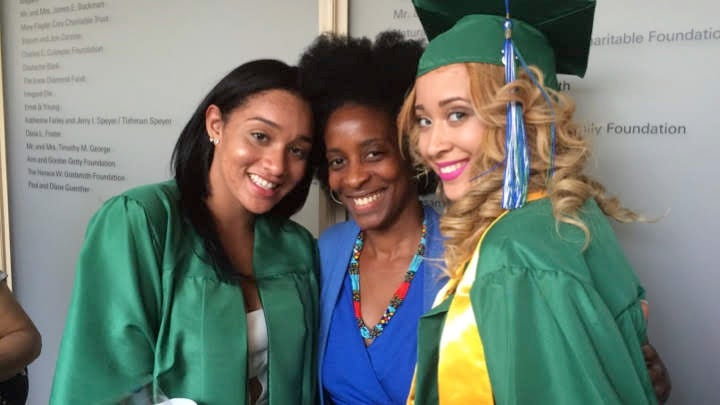
This fall the Brotherhood/Sister Sol will move into a brand new, 20,000 square foot building that will help continue the tradition of rearing Harlem’s next leaders. Sebastien will noticeably be missing from its hallways. Even so, she maintains that the program that she dedicated nearly half of her life to, has the brightest of futures ahead.
As for her, the innate nurturer says it’s time to take care of herself. “I’m definitely going to carve out time to rest, so I can reset, and do some traveling, and spend some time with people that I care about, and just see some new things,” Sebastien says. When she started at Bro/Sis she could have never imagined where the years would have taken her, and as the chapter comes to a close she’s happy to be unclear on what exactly comes next.

